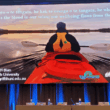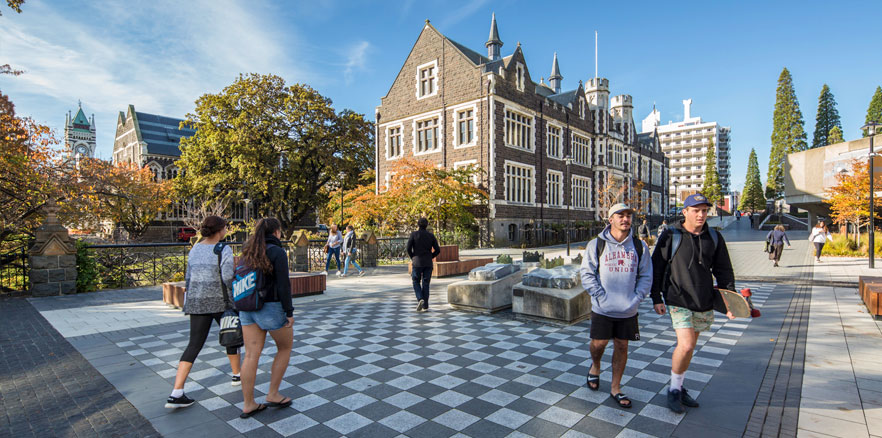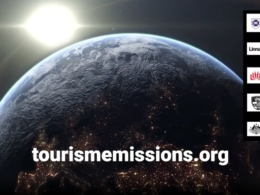This week marked the end of an era for me at Otago. While my Honorary Professorship at Otago will continue for the next three years, the last of the PhD students that I have supervised at Otago – Lucia Danzi – had her viva.
The viva is the key step in the PhD examination process, where the student meets with her examiners, delivers a short presentation of the PhD research and then faces questions from and engages in discussions with the examiners. At the completion of the viva the examiners retire to deliberate and then present a final recommendation (minor revisions, major revisions etc). The convenor then provides a summary of any required revisions prior to resubmission to complete the examination.
Lucia’s PhD focused on collaborative networks in tourism disaster management in nature-based destinations in Aotearoa New Zealand. Using a mixed-methods Social Network approach, she examined how these networks are structured, how they evolve during emergencies, and what factors enhance their effectiveness and sustainability. Her research underscores the critical role of tourism stakeholders in disaster management and highlights the need for stronger collaboration between the tourism and emergency sectors. To address this, Lucia developed a conceptual framework to help stakeholders establish, optimise, and sustain effective collaborative networks, improving disaster preparedness and response.

Lucia’s thesis was written in a hybrid format, with results chapters presented as individual publications. The first article is published in the Journal of Travel Research, the second is under review with the Journal of Destination Marketing & Management, and the third is being revised for resubmission to the International Journal of Disaster Risk Reduction.
In her published JTR article she explores the practices and structural characteristics of tourism disaster management collaboration in Piopiotahi/Milford Sound and Tāhuna/Queenstown, in Aotearoa/New Zealand. The study identifies Civil Defence and Emergency Management groups and Regional Tourism Organisations as key coordinators linking tourism and emergency services.
She hopes her findings inspire tourism businesses to adopt a comprehensive approach to disaster management by integrating risk reduction and readiness measures into their plans and collaborating with emergency management organisations. Her research also encourages policymakers to increase funding for Civil Defence Emergency Management groups to enhance their partnerships with tourism stakeholders.
Lucia’s viva was a spectacular success with only the most minor revisions required prior to final submission of her thesis. She will graduate at the University of Otago May 2025 ceremony.
Danzi, L., Orchiston, C., Higham, J., & Baggio, R. (2020). Tourism Disaster Management: A Social Network Analysis of Nature-based Destinations in Aotearoa New Zealand. Journal of Travel Research. Open access: https://journals.sagepub.com/doi/10.1177/00472875241268623?icid=int.sj-challenge-page.citing-articles.10








